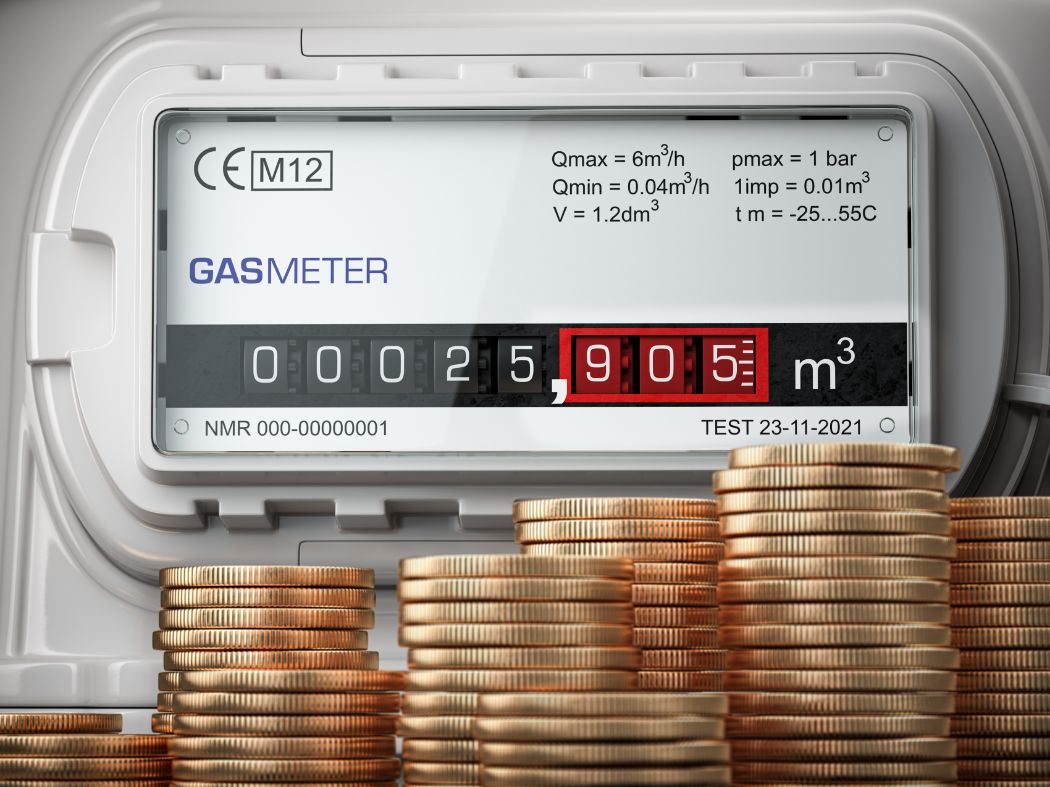Gas fuels quite a few small businesses and big corporations. But, not many companies understand the ins and outs of using gas as a power supply. Well then, here’s a complete guide to business gas.
Gas Bills and Tariffs
Your gas bill allows you to keep an eye on the gas usage of the company. You can monitor your gas consumption to ensure that you were charged correctly.
Suppliers might use varying formats for their bill statements, but the content will be the same. Expect to see the following account information on your gas bill:
- Account number
- Company name
- Company address
- Company contact details
- Billing period
- Billing date
- Billing number
- VAT number
- Meter Point Reference Number (MPRN)
- Meter Serial Number (MSN)
- Type of Charge
In addition to your account information, your gas bill will also include a breakdown of charges.
Suppliers will add the charges for your unit rate per kWh, the billing period, the cost breakdown, VAT charges, a daily standing charge, and the total amount due on your bill.
You are exempt from paying VAT if your charity-based business offers residential services.
Additional charges

Your gas bill may include some additional charges. The charges may vary from business to business and from supplier to supplier. These charges are typically based on government stipulations to reduce pollution and combat climate change.
Climate Change Levy (CCL)
By nature, gas pollutes the air, which unfortunately harms the environment. The Climate Levy (CCL) is an effort to reduce pollution from businesses that rely on gas as a power source.
The upside is that UK-based businesses that consume gas only outside the UK and certain charity-based businesses do not have to pay the CCL.
Additionally, UK-based companies that adopted the Climate Change Agreement (CCA) pay less towards the CCL, even if their gas consumption is high. These companies agreed to manage their waste in an environmentally-friendly way.
Carbon Reduction Commitment (CRC Efficiency Scheme)
As expected, businesses that use gas to run their business have big carbon footprints. The Carbon Reduction Commitment (CRC Efficiency Scheme) came to life to reduce the carbon emissions from businesses, and the CRC Efficiency Scheme acts as a “carbon tax” agent.
Your final carbon tax payable will be paid for every tonne of carbon dioxide that your company emits. Businesses are held accountable for their impact on the environment. For example, if a high-consumption company that uses gas for heating fails to register as such, they risk being fined heavily.
Understanding and Negotiating Contracts
As a business owner using fuel to power your business, you must understand the finer details pertaining to your gas business contract. Your agreement with your gas supplier should be beneficial to both parties.

Typically, gas suppliers will provide businesses with contracts unique to their business’s needs. The final terms of your contract can be influenced by the following factors, as per the stipulations of your gas supplier:
- Business field
- Company size
- Location
- Gas usage
- Timing of contract
- Market prices
- Company’s credit score
- Contract type
Consumption
No two businesses are the same, so their powering needs may differ. Your company’s gas tariff depends on its location, size, and function.
Micro and small businesses often use less gas than larger corporations.
Reducing Consumption
Reducing your gas consumption is in your company and the environment’s best interest:
- Install a Smart Meter: dial meters, digital, and electronic meters provide you with an accurate reading of your gas consumption
- Minimize heat loss
- Monitor your company’s thermostat
- Optimize the amount of gas needed to operate
- Prioritize key functions in your company
Switching Suppliers and Comparing Quotes

As you can tell, there are a lot of factors that impact the cost of gas for businesses. Getting the best quality of gas for your company is important without breaking the bank. When shopping for a gas supplier for your business, you need to find a supplier that suits your company’s needs.
Questions to ask when switching gas suppliers include:
- How much and how often can you realistically afford to pay?
- Are you keen on a renewable option for a gas supplier?
- Do you want a long-term of short-term contract?
- How reliable or trusted is the supplier?
You can save a lot of coins by choosing the right gas supplier for your business. Here’s a great comparison site for more info on business gas prices and suppliers.
Conclusion
Many companies use gas. Understanding the costs involved and choosing the ideal gas supplier for your business is important if you want to get the best value for your money.

